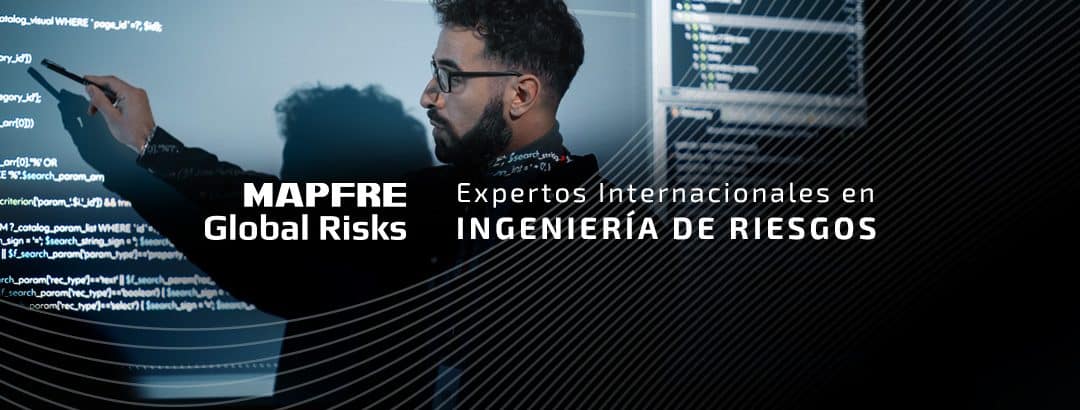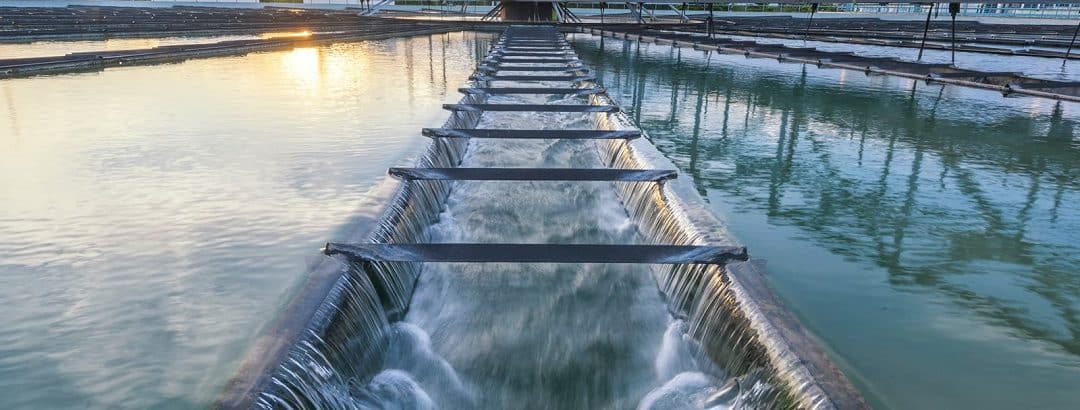admin | 17/11/2021
Mónica Zuleta, MAPFRE’s Group Head of Sustainability participated in the ‘Sustainable Finance Day’ event organized by the Embassy of the United Kingdom in Madrid, which took place in as part of the recent COP26 conference.
Mónica explained that “in the insurance industry we are fully committed to the United Nations Sustainable Development Goals and the Paris Agreement, and of course the new ambitions and proposals coming out of COP26.” She added that insurance companies “have an advantage, because we act as investors as well as insurers. We help protect society, and we are increasing our contribution to societal change, towards a model of sustainable development.”
She added that, “one of the ways we can have an influence is by providing information. Studies on climate change have made it possible to develop new analytical tools and models. These have in turn been implemented to generate predictive scenarios and models, and these give us not only a better capacity to recover and keep our plans moving forward once a disaster has passed (such as in the case of the La Palma volcanic eruption), they allow us to collect information that can be used to prevent and mitigate changes being brought about by the climate.”
On the subject of investment, she noted that “we need to ensure that resources are being mobilized and that they are being analyzed using sustainability-based criteria. We now have initiatives focused on decarbonizing both the investment portfolio and the underwriting portfolio, and we are engaging in this process along with our customers.” In this context, in addition to the example she cited of Spanish electricity company Iberdrola, she believes that MAPFRE also has a responsibility to provide assistance with the energy transition process for economic actors in developing countries, such as in Latin America.
You can access to the full article here.





